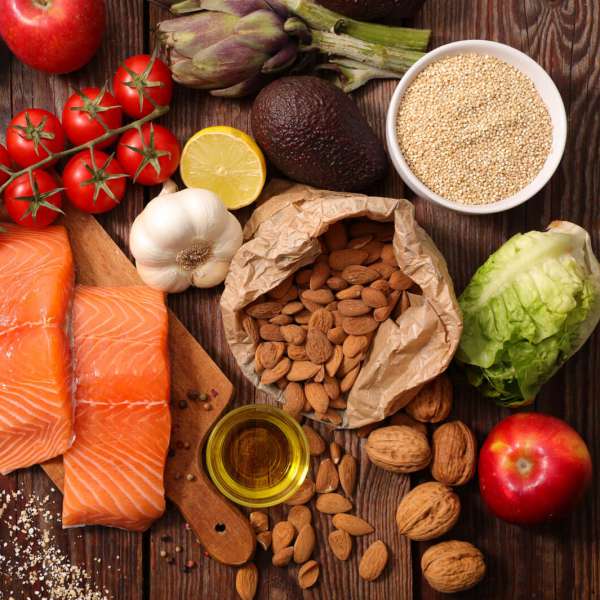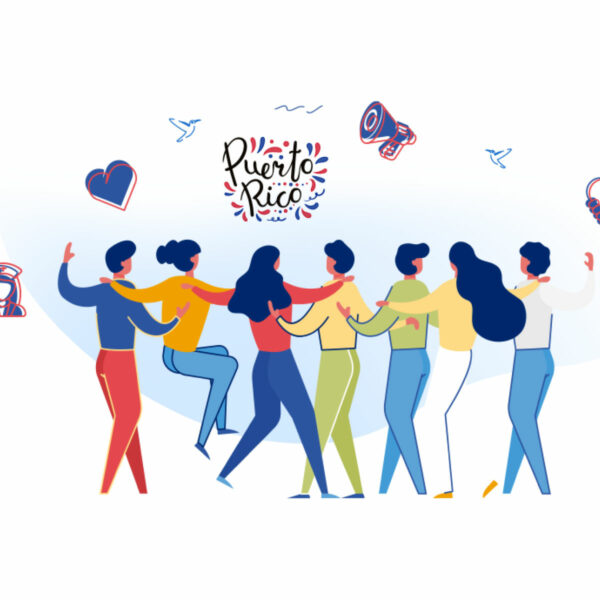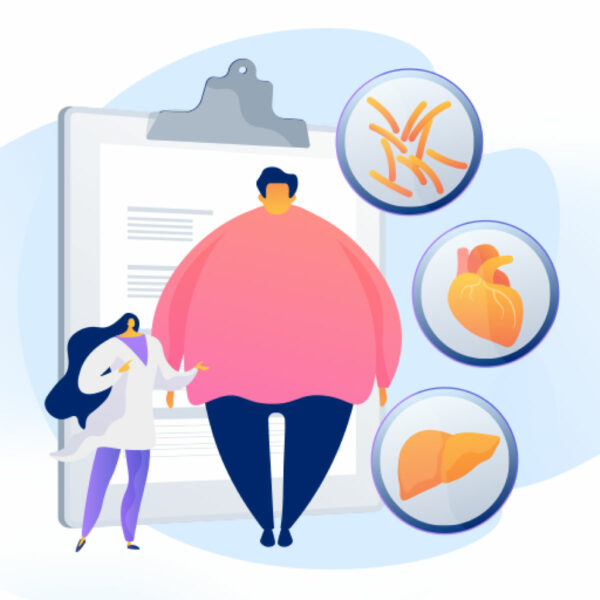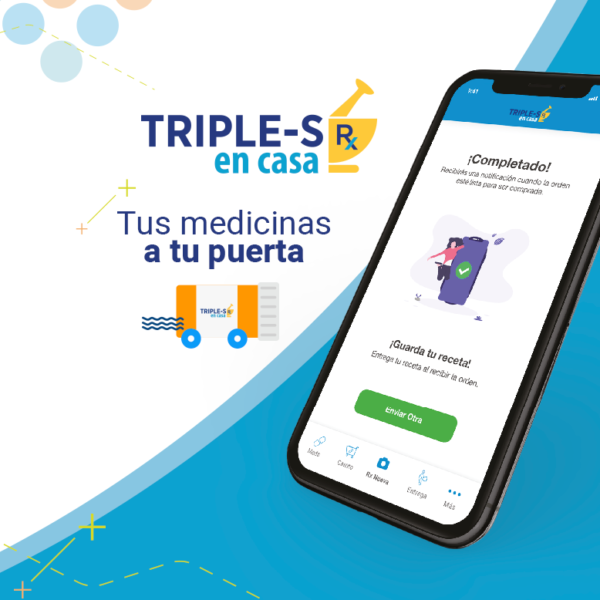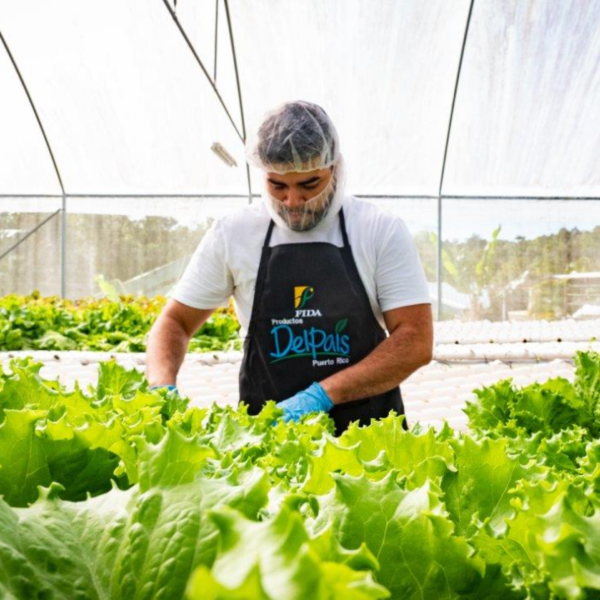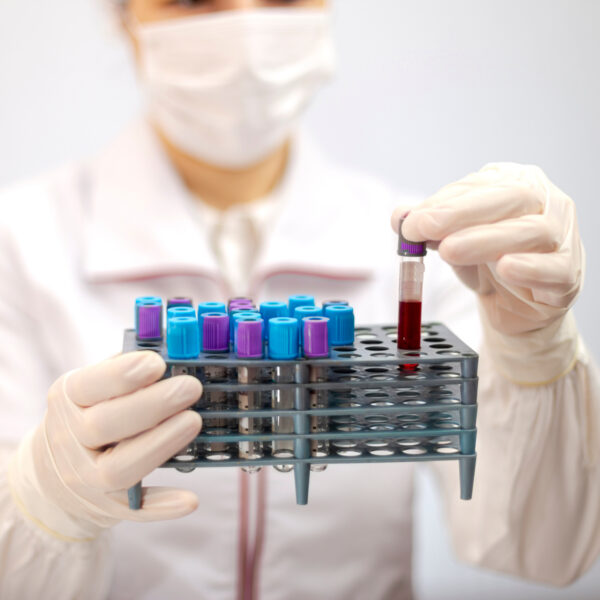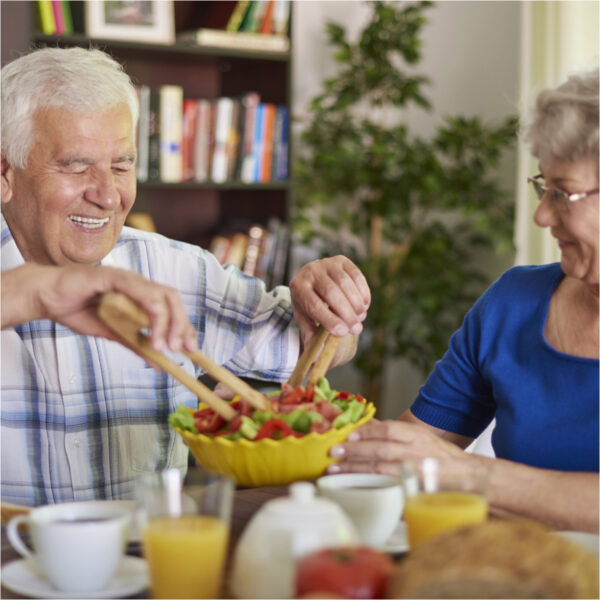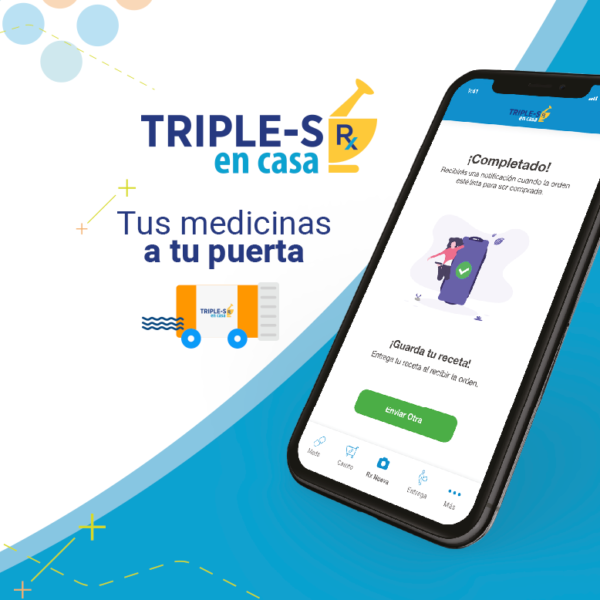By: Roberto “Bobby” García Rodríguez
Chief Executive Officer of Triple-S Management
For a while now, we have been noticing a growing epidemic in our surroundings: social isolation and loneliness. We recently held our First Symposium on Social Isolation and Loneliness, where the contributions made by the speakers and the experiences shared by the public caused some concern.
The keynote speaker, Dr. Julianne Holt-Lunstad, presented compelling data about how social isolation affects our health. Her research has shown that social isolation poses a risk to our physical health that is as significant as smoking 15 cigarettes a day. Social isolation increases the risk for mortality by 29% and the risk for death due to cancer by 25%. It also heightens the risk of developing dementia and suffering cardiovascular events and strokes.
Dr. Holt-Lunstad joined us after participating in the first meeting in France on policies, research, and action against social isolation organized by Université Grenoble Alpes and the Global Initiative on Loneliness and Connection. Unaware of this, we also held our first meeting on public policies, research, and action against social isolation. It is not a coincidence, though, because the pandemic has highlighted the heavy toll of social isolation on our health.
Depression and Anxiety: The Impact of the COVID-19 Pandemic
In Puerto Rico, there are multiple risk factors that exacerbate social isolation, including the loss of 11.8% of our population over the last decade with the emigration of many young families and individuals. Another factor is the growth in the population of 65 years of age and older, now representing 22% of our population –a ratio higher than that of Maine, which has the largest percentage of this sector in the United States. Socioeconomic factors also affect the risk for social isolation and loneliness. In our case, 4 out of every 10 Puerto Ricans live in poverty levels.
The symposium featured representatives from three nonprofit organizations that serve different communities: Plenitud PR in Las Marías, Villa Contessa in Bayamón, and Nuestra Escuela, which serves school communities in Loíza and Caguas. Paula Paoli from Plenitud PR told us that, during the pandemic, they saw the need to bring food prepared with the produce they grew to the elderly in their community. When they delivered the food, it was hard for them to part ways because these older adults were in much need of company. They also discovered that some of them were living in substandard conditions. They had no one.
However, during the symposium, it was evident that social isolation and loneliness are not limited to elderly adults. It also happens to teenagers and young adults. Mariemi Sierra, Human Resources Manager at Popular Inc., expressed that the pandemic has given rise to a great need for psychological counseling among her employees. The mayor of Loíza, Hon. Julia Nazario, shared how her mother, a vibrant 86-year-old woman, had suffered a downturn in her health due to isolation and went into depression. Members of the public, which included representatives from the health care sector, government agencies, communities, foundations, universities, and the private sector, also shared stories about people who have no one.
For more information about this topic, click here: https://grupotriples.com/socializaressaludable/en/

